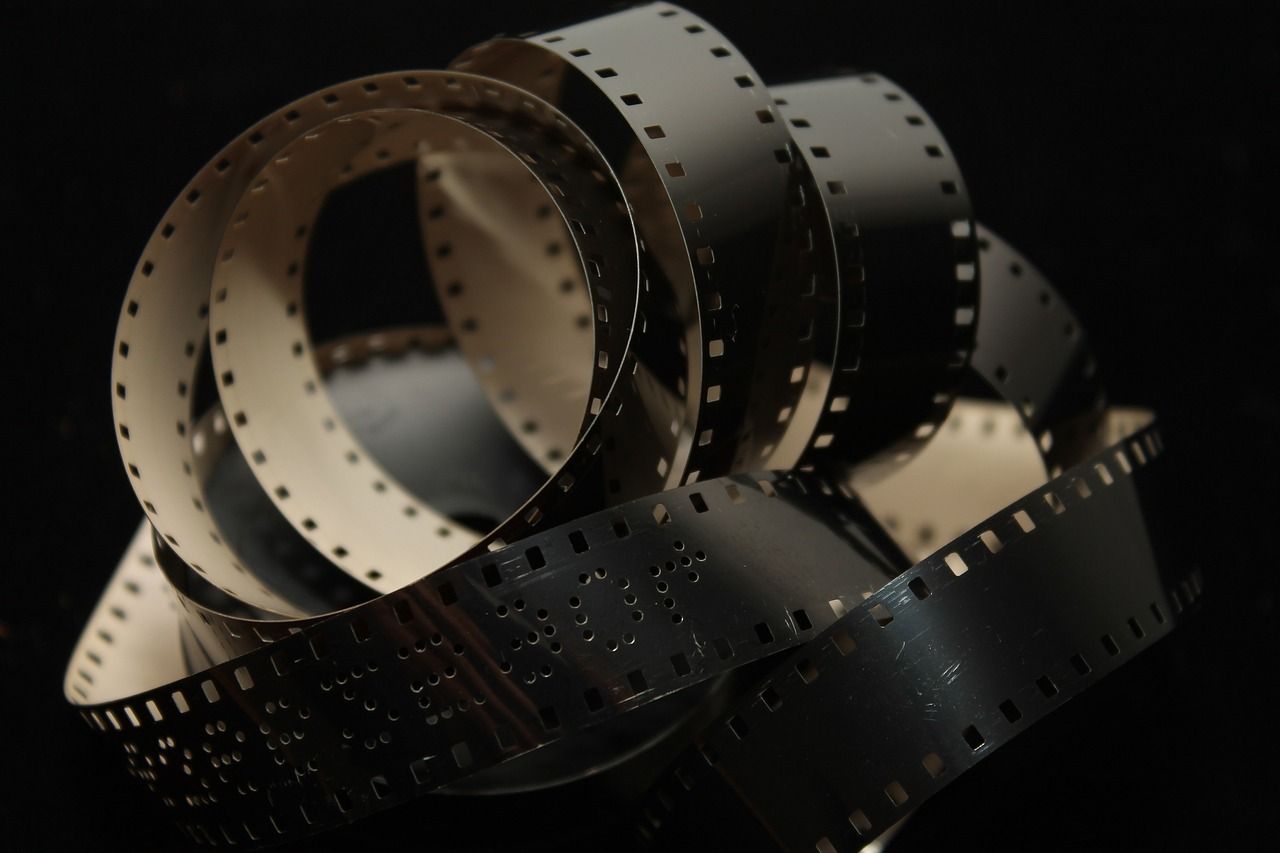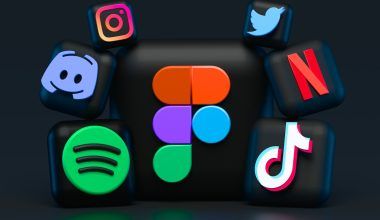Film music is the unsung hero of the cinematic world. It’s the invisible thread that ties scenes together, heightens emotions, and creates unforgettable memories. Whether it’s the suspenseful notes of a thriller or the romantic melody of a love story, the music in films shapes the way we feel and interpret what’s happening on screen.
Have you ever watched a scene with no music? It feels incomplete, doesn’t it? That’s because film music isn’t just background noise—it’s a storyteller in its own right.
In this blog, we’ll dive into the fascinating world of: its evolution, its role in storytelling, and why it continues to captivate us.
A Brief History of Film Music
To understand the magic of, let’s take a quick journey back in time.
In the early days of cinema, there was no synchronized sound. Silent films relied on live orchestras or pianists to provide music during screenings. This was the birth of film music as we know it.
When sound films, or “talkies,” emerged in the late 1920s, the role of music transformed. Composers began creating original scores tailored to specific films. This led to some of the most iconic pieces of music ever written, like Max Steiner’s score for Gone with the Wind and Bernard Herrmann’s chilling music for Psycho.
Over time, has become more diverse, incorporating various genres, styles, and even experimental sounds. Today, it’s impossible to imagine movies without their iconic soundtracks.
The Role of Film Music in Storytelling
Film music does so much more than just fill the silence. It’s an essential part of storytelling, influencing how we perceive characters, settings, and emotions.
Setting the Mood
One of the primary functions of is to set the mood. Think of the eerie strings in a horror movie or the uplifting score in a superhero film. The music prepares us emotionally for what’s to come, even before a single word is spoken.
Enhancing Emotions
Have you ever cried during a movie scene? Chances are, the music played a huge role. Film music has the power to amplify emotions, making us feel joy, sadness, fear, or excitement more intensely.
For example, the swelling orchestra in the climax of Titanic wouldn’t have had the same impact without James Horner’s unforgettable score.
Building Tension
Film music is also a master of suspense. A simple, repetitive tune—like the two-note motif in Jaws—can make your heart race and keep you on the edge of your seat.
How Film Music Shapes Characters
Characters come alive not just through acting or dialogue but also through their musical themes. These are called leitmotifs—short, recurring pieces of music associated with a particular character or idea.
For instance, in Star Wars, Darth Vader’s theme, known as “The Imperial March,” immediately signals his presence and authority. Similarly, Harry Potter’s whimsical theme captures the magic and wonder of his world.
These musical themes create a deeper connection between the audience and the characters. Over time, they become as iconic as the characters themselves.
Different Genres, Different Sounds
Film music isn’t one-size-fits-all. It changes depending on the genre of the film.
Action Movies
Action films often feature fast-paced, high-energy scores to match their intense scenes. Composers use percussion, brass, and synthesizers to create a sense of urgency and excitement.
Romantic Films
In contrast, romantic movies rely on gentle melodies, often featuring strings or piano, to evoke tenderness and love. The music in films like The Notebook creates a dreamy, emotional atmosphere.
Horror Films
Horror films use unsettling sounds, like dissonant chords or sudden crescendos, to keep viewers on edge. These techniques make scenes more terrifying and unpredictable.
The Evolution of Film Music: Technology and Trends
As technology advances, so does. In the past, orchestras were the primary choice for creating scores. Today, composers use digital tools to experiment with new sounds and textures.
The Rise of Electronic Music
Electronic music has become increasingly popular in scores, especially in sci-fi and thriller genres. Think of Hans Zimmer’s pulsating score for Inception. It’s futuristic, intense, and unforgettable.
Collaboration with Pop Artists
Modern films often feature collaborations with popular musicians. For example, Lady Gaga’s song “Shallow” from A Star is Born became a cultural phenomenon, blending film music with mainstream pop.
The Future of Film Music
The world of film music continues to evolve. With artificial intelligence and virtual reality gaining momentum, the possibilities are endless. Imagine a score that changes based on your emotions or interacts with the environment in a VR film.
Why Film Music Stays With Us
Film music leaves a lasting impression because it’s tied to our emotions and memories. When we hear a familiar tune, we’re instantly transported back to the scenes, characters, and feelings we experienced while watching the film.
It’s why the opening notes of The Lion King or the theme from The Godfather still give us chills, years later.
Final Thoughts: The Magic of Film Music
Film music is more than just sound—it’s an art form that transforms movies into unforgettable experiences. Whether it’s a sweeping orchestral score, a haunting piano melody, or a heart-pounding electronic beat, film music brings stories to life in ways words and visuals can’t.
So, next time you watch a movie, pay close attention to the music. You’ll discover a whole new layer of storytelling waiting to be explored.
Film music isn’t just for the movies—it’s a soundtrack to our lives.
For further reading, explore these related articles:
- The Magic of Music Love Songs: A Journey Through the Heart of Melodies
- Best Love Song MP3 Download – Find Your Perfect Romantic Tunes
For additional resources on music marketing and distribution, visit Deliver My Tune.






